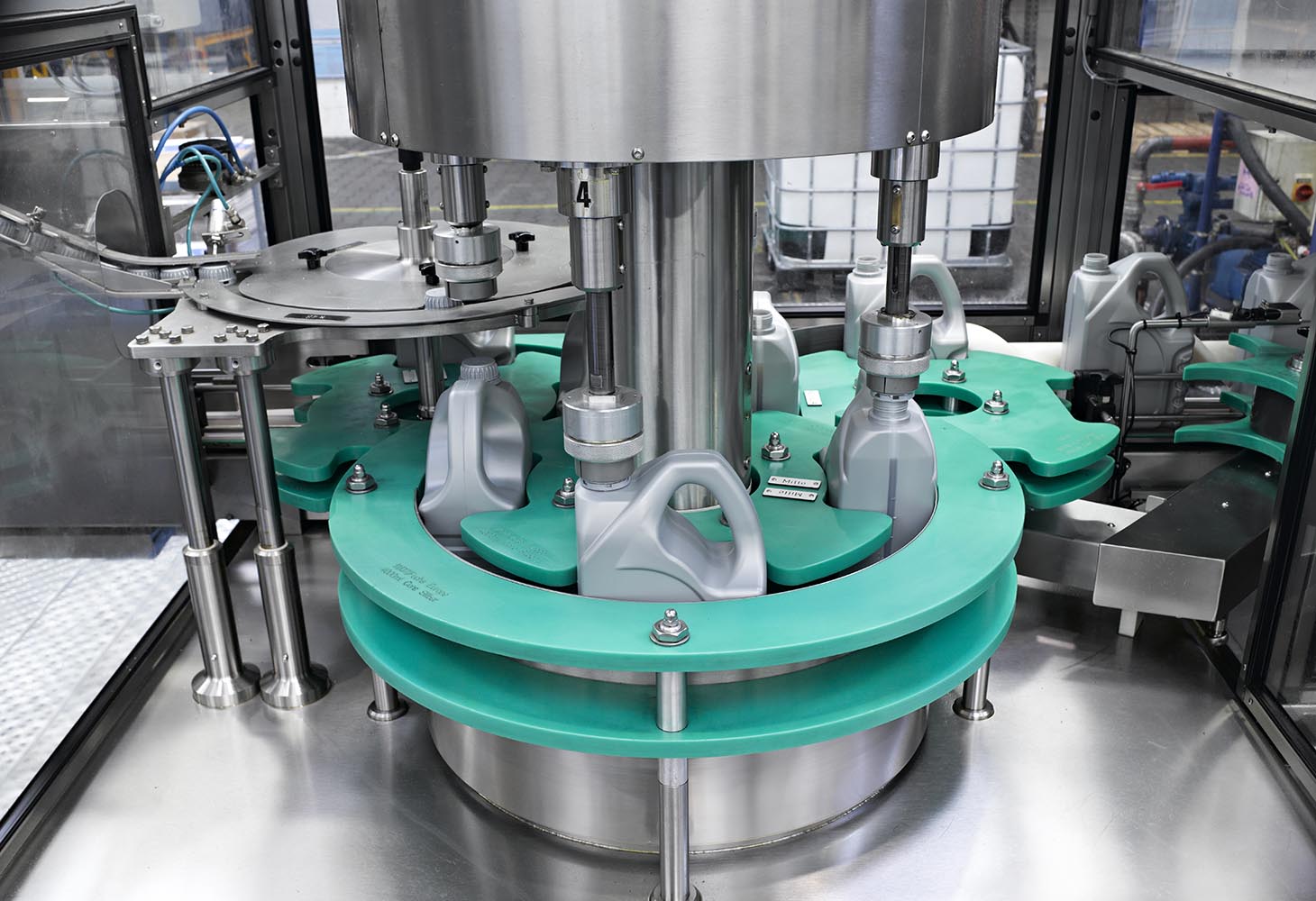
STLE spotlights major tribology and lubricant trends in new report
The Society of Tribologists and Lubrication Engineers (STLE) has announced the publication of its 2023 Report on Emerging Issues and Trends in Tribology and Lubrication Engineering. The comprehensive 56-page report identifies the current trends and future developments that will have an impact on the tribology and lubrication engineering field.
One of the report’s crucial findings is that implementing existing and novel tribology approaches can substantially cut down greenhouse gas emissions. This, in turn, can play a vital role in facilitating organizations to incorporate sustainability practices and achieve their climate change mitigation targets.
The 2023 report represents the fourth in a series of interdisciplinary research efforts that started with the first report in 2014, with updates provided every three years. The report’s subjects and highlights are categorised into six main areas:
1. Supply Chain Issues: The report acknowledges the ongoing challenges in sourcing raw materials and supplying finished materials, including lubricants, to end users. Sustainability has become a pivotal factor for organisations that are researching, developing, and utilising lubricants, aiming to minimise their carbon footprints.
2. Sustainability: Over the last three years, the importance of sustainability has grown exponentially. This trend emphasises the role of tribology in enhancing efficiency and productivity, as well as reducing emissions and energy consumption.
3. Electrification: The report takes into account the increasing use of energy sources, including renewable ones such as solar and wind energy, not only in transportation but also in areas like data centers and emerging technologies like cryptocurrencies.
4. Manufacturing: The confluence of data, connectivity, automation, artificial intelligence, and machine learning is aiding in addressing tribology-focused issues. Notably, the integration of tribology and sustainability into manufacturing plant reliability programs is receiving attention and leading to efficiency improvements.
5. Medical & Health: Tribology is playing a significant role in areas like medical implants, leading to advancements in medical and quality-of-life outcomes.
6. Government Regulation: The report discusses regulations issued by multiple governments or regions that affect lubricants and the regulation of specific raw materials used in lubricants, such as PFAS.
Dr. Neil Canter, the report’s author, believes the findings suggest that tribologists have significant opportunities to apply their skills to address challenges and promote sustainable practices.
The report is available in both print and digital formats for STLE members and non-members. Key findings from the report will also be presented at STLE Local Sections and industry conferences.














